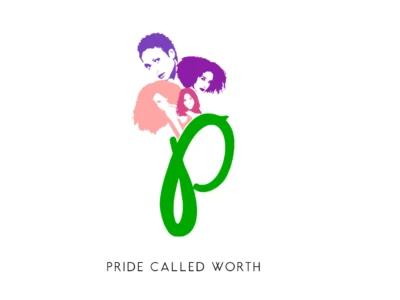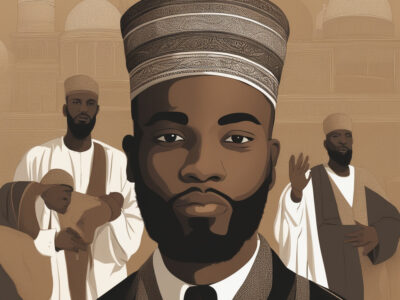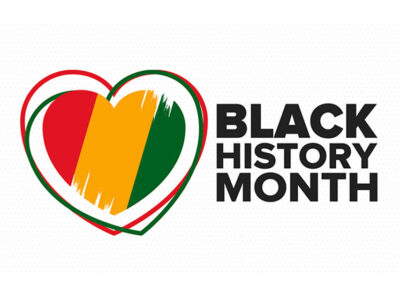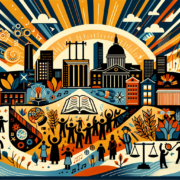Generation Black TV - Live
--- Main Blog Content Below ---
African-American Muslims represent a dynamic and varied population that has made significant contributions to popular culture in the United States, including music, movies, literature, and sports. They have also experienced obstacles and misconceptions in media representation and portrayal, particularly in the aftermath of 9/11.
Music is one of the most prominent and powerful aspects of popular culture shaped by African-American Muslims. African-American Muslims have left an indelible mark on the American musical landscape, from early blues singers descended from West African Muslim slaves to jazz legends who converted to Islam in the mid-twentieth century and to hip-hop artists who expressed their faith and identity through rap music. Some of the most well-known examples include John Coltrane, Malcolm X, Muhammad Ali, Yasiin Bey (previously Mos Def), Lupe Fiasco, and A Tribe Called Quest. Their music represents their spiritual, social, and political beliefs, as well as their challenges and goals as a minority population in America.
Film is another area of popular culture in which African-American Muslims have both participated and been inspired. Several films and documentaries have included or focused on African-American Muslims, whether as protagonists, villains, or supporting characters. Some of these movies are biographical, such as Malcolm X (1992), Ali (2001), and The Autobiography of Miss Jane Pittman (1974), while others are fictitious, such as The Message (1976), The Siege (1998), and Mooz-lum (2010). These films illustrate the wide and complicated experiences of African-American Muslims, from their historical roots to their current issues, religious convictions to cultural expressions, accomplishments to struggles.
Literature is the third kind of popular culture that African-American Muslims have contributed to. Many African-American Muslim writers have written novels, poems, essays, memoirs, and other works about their perspectives and experiences as a minority group in America. Some of these writers, such as Malcolm X, Alex Haley, and Betty Shabazz, converted to Islam; others, such as Leila Aboulela, Jamilah Kolocotronis, and Umar Bin Hassan, were born Muslims. Their works address issues like identity, race, religion, gender, family, and social justice, as well as the preconceptions and prejudices that they encounter in mainstream culture.
Sports are the fourth form of popular culture in which African-American Muslims have excelled. Many African-American Muslim athletes have earned recognition and success across a variety of sports, including boxing, basketball, football, and soccer. Some of these sportsmen are Muhammad Ali, Kareem Abdul-Jabbar, Hakeem Olajuwon, Mahmoud Abdul-Rauf, and Zinedine Zidane. Their beliefs, principles, activism, and philanthropy have all had an impact on their sporting careers. They have also inspired and empowered countless young people, particularly those from underserved and underprivileged communities, to pursue their aspirations and goals.
To summarize, African-American Muslims have contributed significantly to the shaping and enrichment of American popular culture through their unique and diverse manifestations in music, movies, literature, and sports. They have also experienced numerous problems and obstacles in terms of media depiction and portrayal, particularly in the post-9/11 era, when they were frequently stereotyped, marginalized, or demonized. To foster a more inclusive and respectful understanding of African-American Muslims’ culture and identity, it is critical to recognize and celebrate their contributions and achievements while also challenging and countering negative and erroneous images of them.
By: Rowland Obiosah
For the latest updates, Download P+us app available on Google App Store












